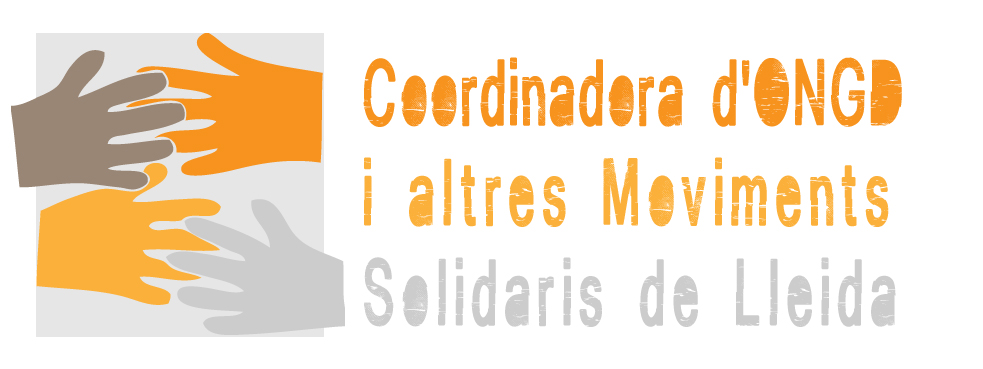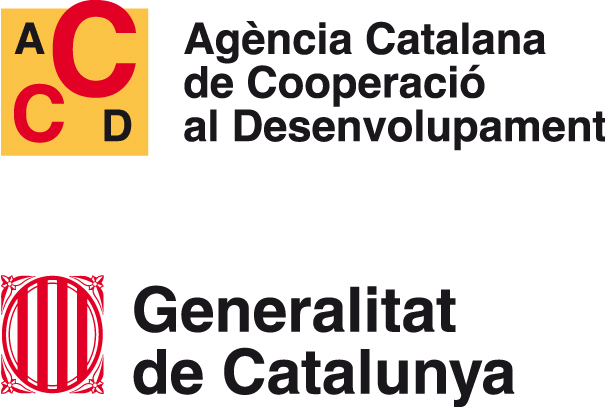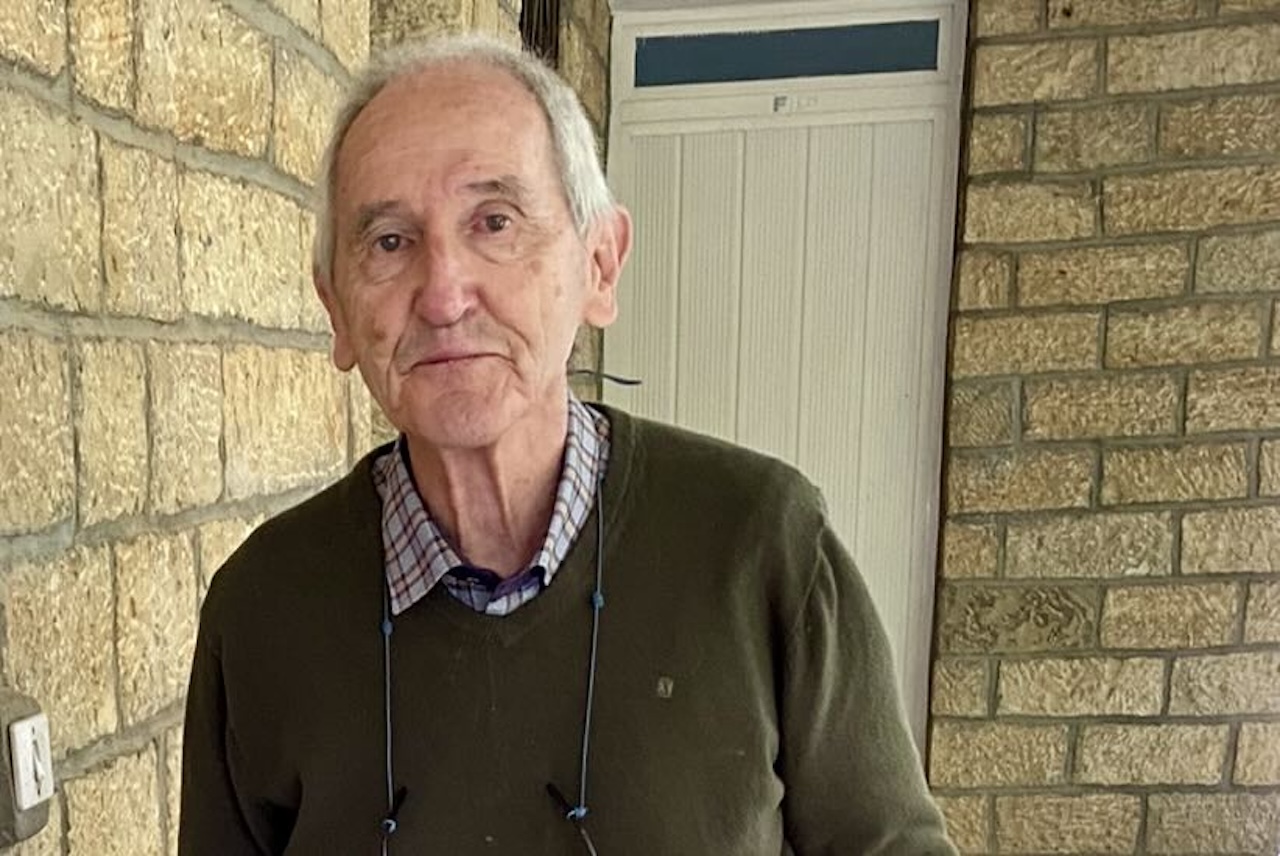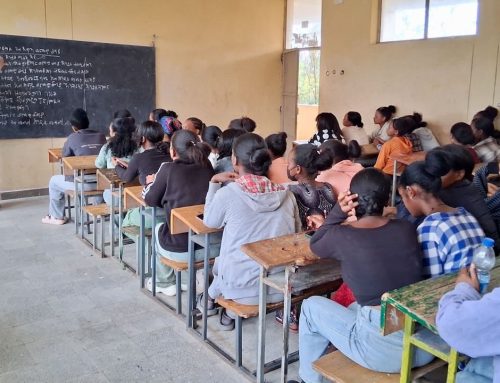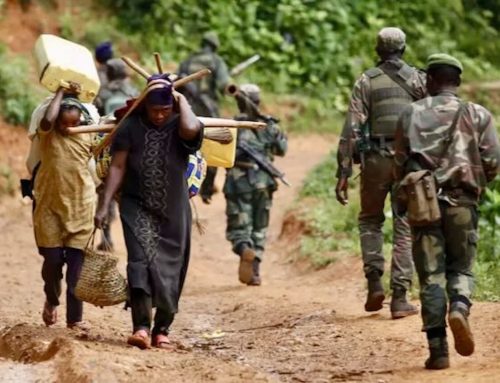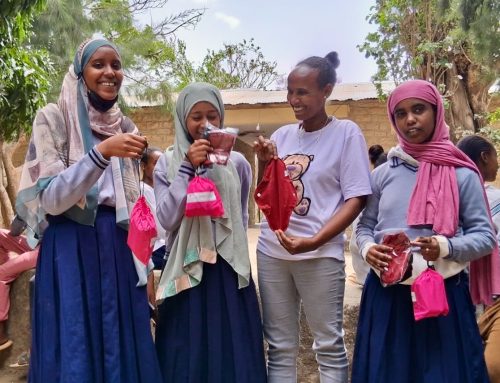International Conference for Building Sustainable Peace in Ethiopia
Ángel Olaran provides us with a summary and evaluation of the International Conference for Building Sustainable Peace in Ethiopia held in Makelle, the capital of Tigray, in northern Ethiopia.
The International Conference in Makelle, led by the University of Makelle, brought together academic and governmental leaders to address the urgent task of building sustainable peace in Ethiopia. With the participation of federal ministers and university rectors, the pressing need for justice to achieve true peace was emphasized. Visits to schools revealed harrowing challenges, from lack of basic infrastructure to forced displacement. However, amidst adversities, the event resonated with a spirit of solidarity and called for action from civil society. A deeply moving testimony of hope and unity in times of distress.
Written by Ángel Olaran:
INTERNATIONAL CONFERENCE: BUILDING SUSTAINABLE PEACE IN ETHIOPIA AND BEYOND
The meeting took place in Makelle, organized by the University of Makelle (UM).
Opening of the Conference
The first of its kind held in Tigray, during the days of February 10 and 11 of the current year 2024, attended by 250 guests – including two federal ministers, the Minister of Peace and the Minister of Science and Research –, 12 rectors of national universities – including the one from Addis Ababa University – plus 6 vice-rectors from as many universities.
At the opening of the conference, the rector of the University of Makelle, the mayor of the city, the president of the UM Commission, and one of the federal ministers intervened.
First session
Three speakers participated, each with half an hour. Throughout them, it became clear that there is no peace without justice, that this first conference had focused more on academic personnel, and that it was the first of others that will continue to focus more on Civil Society –non-partisan–, on councils of elders –the wise– and the people.
Second session
Under a moderator, the session of questions to the 3 speakers took place.
Sometimes, more than questions, the interventions among those present focused on supporting the presentations of the speakers.
The next day, after breakfast at the top of Chomea Hill, from which there is a panoramic view of Makelle, we went to GebreSelam Primary School. The two ministers could not attend this visit, given their other commitments in Addis Ababa. In this school, hundreds of displaced families are still housed, reaching 2,500 members. Many children were seen playing, running along the long corridors. Children who do not have access to classrooms. Families live crowded together, without any perspective.
There are 4 families per classroom. Recently, an infected person died. They were able to return to their homes, but found them occupied by Amhara and Eritrean soldiers, being received with gunfire –something that contradicts the central government’s commitment to the Pretoria peace agreement–.
In their presentation, one of their most urgent needs at the moment was the lack of latrines. In Makelle, there are 14 similar accommodations. After a week, latrine construction began. In a slightly larger area, there are 69,000 women in need of hygiene products.
It is a difficult situation for both the thousands of children studying in these schools and for all these families, with no perspective: two years trapped between 4 walls. The international community has ignored them, in these types of social prisons, no matter how much they can leave, they are forced to return, for any service and to sleep, like those on probation.
Evaluation
I think that more interesting than what was discussed at the conference is the spirit that was achieved.
This conference is arousing interest in other national universities, including civil societies –independent of any political party–, women’s associations, traditional leaders –the elders, the wise–, the displaced. . .
Many of the participants were the first time they had come to Makelle. For all, the first time since the beginning of hostilities on November 4, 2020.
They were all impressed by the reception at the places they participated in, both visiting and meeting, restoring, including the displaced center. They did not see a humiliated or vengeful population.
The information they all had about what had happened in Tigray from November 2020 to today did not coincide at all with what they received, informally, throughout the two days of stay.
Among the Tigrayan participants, as mentioned above, academics, there is a common feeling of the need to ensure that the civilian population participates in events of this nature.
In these events, the Tigrayan population, more than needing psychological support, emotional to overcome what they are suffering to this day, such as lack of food –hunger–, medical attention, work, displacements. . . will have a positive attitude in contributing to making PEACE a reality in Ethiopia and beyond its borders.
Adding to the aforementioned, a genocide reaching 600,000 dead, as well as the deaths of thousands of young people on the fronts –few will be the families not directly affected, including neighbors and friends. . . – all as a result of a 4-day campaign to establish law and order. . . I wonder how it would be rationalized in Europe, in the West, facing a similar situation. I believe that political parties would be the first to take advantage, maintaining the torch of hatred at Olympic levels.
Ángel
With the collaboration of
